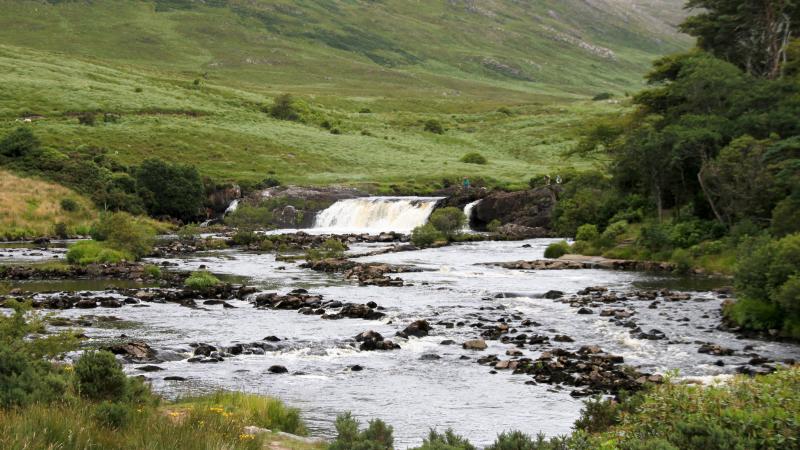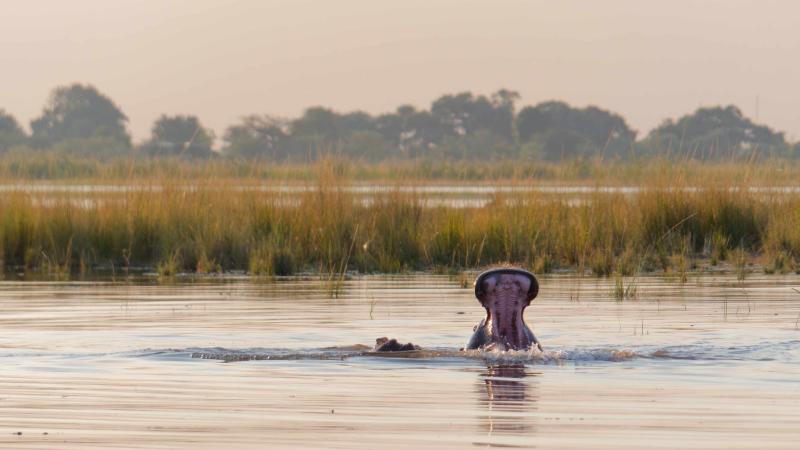
Thanks to dormant stages, water fleas are well suited for studying evolutionary processes. I Photo: Justyna Wolinska
Animals in the wild are constantly exposed to dangers and challenges. Evolution enables living beings to adapt to environmental changes and to pass this adaptation on to their offspring via their genes. Investigating this evolutionary adaptation to challenges is important, especially in a context of global change. The knowledge helps to optimise species conservation.
Insight for species conservation: protect species at landscape or regional level
“Our study underlines that the amount of genetic variation within a population is crucial for their ability to adapt to environmental change. Importantly, we could show that the genetic variation in a population is not only linked to a large number of individuals, but also to the genetic variation present in other populations in the region. For species conservation, this means that we need to protect species at the landscape or regional level,” said the study lead Professor Luc De Meester, Director of IGB and researcher at Freie Universität Berlin and KU Leuven in Belgium.
Adaptation in the face of the enemy
The research team used molecular tools to reconstruct the evolution of a population of water fleas at the genome level using eggs* from different time periods over twenty years. During this time, these water fleas experienced varying degrees of threat from predation by fish. The team was able to uniquely match theses changes in predation pressure with changes in the genome over time. The evolution occurring in their genomes was mediated by standing genetic variation – the amount of genetic diversity harboured by a given natural population.
Dr Anurag Chaturvedi from the University of Birmingham’s School of Biosciences and former doctoral student at KU Leuven explained: “We were able to quantify the genetic diversity of one particular population of water fleas over nearly two decades and show clearly how rapid evolution took place in response to environmental pressures. This type of research will be invaluable for understanding the potential impacts of future environmental changes on animal populations.”
“If genetic variation is high, evolution can be surprisingly rapid. We need to better understand how genetic variation is maintained. A healthy network of sufficiently large populations might be a key factor,” summarised Luc De Meester.
**********
*Water flea eggs as a gene archive
Water fleas (Daphnia) belong to the crustaceans, but they are similarly small in size as most insects. They are an important part of the food web of our freshwaters. The life cycle of Daphnia includes a dormant stage. By awakening dormant stages through resurrection biology, scientists can quantify genetic changes at several time points in the past and observe evolution as it happened in nature.





